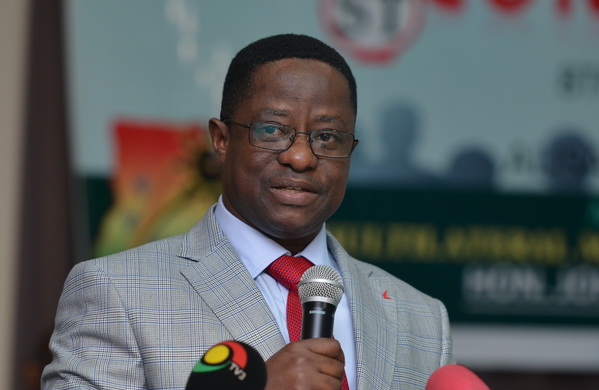
Of nuclear power plants and matters arising
Recent news is that Ghana is opting for nuclear power as part of its energy production mix.
Since the discussions began a few years ago, Ghana has become a part of the market for nuclear power plants in Africa.
Advertisement
It is known that several African countries have also considered this alternative to complement hydro and other energy production programmes.
Nuclear power plants are highly capital intensive and very technical in construction and management.
Further, it is a major undertaking that requires a strong commitment from government for its completion.
It will take a strong and continuing commitment of politicians for the nation to witness a completion of such a project.
This nation’s penchant for abandoning projects midway because of political expediency and other reasons are amply demonstrated throughout its recent history; the country is dotted with several uncompleted projects including hospitals and major roads, inter alia.
Expert advice
Ghana will need to depend on international expert advice to make the final decision on location and other technicalities.
These include seismological tests to determine if the area chosen is prone to earthquakes; rock and soil formation, proximity to population centres, among other things.
In addition, we need to decide on the most appropriate facility beneficial to the interest of the nation.
Ghana will need to have in place the legal framework to manage effectively, its nuclear waste and related materials in the country to ensure that they do not fall into the wrong hands.
This must be done early so that costly mistakes will be avoided.
It is known that the waste from nuclear power plants is toxic and cannot be easily stored or disposed of.
That brings to the fore, a lot of discomfort; concern over the nature of materials used in the generation of nuclear energy and the long-term effects of accidents that could occur in the plant, to the geographical area of its location or to its nuclear reactors.
For a country that cannot even keep its elevators in hospitals working, and given its undisciplined culture in poor waste disposal and management, the question of what to do with the nuclear waste comes into sharp focus.
Is it safe?
It can safely be argued that nuclear energy is not safe in Ghana at this time, given our history of failure to keep our communities, rivers, and lakes free from household waste and sewage, among other things.
Nuclear plants work with and produce radiation; therefore, it must be located far away from communities.
Several years ago, a committee was set up to explore nuclear energy and its use in Ghana.
This committee must come clear in terms of safety guidelines, location, and education of the citizens on this form of energy; disposal and storage of waste; and the risk associated with managing the waste and general public debate on this important subject.
ECOWAS cooperation
The then newly appointed head of the International Atomic Energy Agency (IAEA) visited Nigeria on December 15, 2009. There were discussions on the safety and international guidelines and their enforcement, among other things.
Evidently, Nigeria is seriously considering nuclear power as a complement to its current energy needs.
The cost of construction is huge and remains a challenge.
It will be prudent for Ghana and Nigeria among others, to make this project an ECOWAS one.
In that, the Ghanaian plant could be built to supply energy to more than only Ghana.
For example, Togo, Burkina Faso, Ivory Coast, Niger, and Benin could join and have a Nuclear Energy Commission that will work on this project.
The costs, as well as the energy supplied, would be shared.
Furthermore, Ghana has earthquake zones that could make it unhealthy to locate one in this country.
Perhaps the commission can locate one in the flat plains of Burkina Faso, Niger, or Northern Ivory Coast to serve the nations concerned.
Other ECOWAS nations could join in and have such a shared nuclear facility(ies) constructed, simply because ECOWAS countries currently share hydro-energy through distribution lines already in place.
It is not far-fetched to say that there is a high probability that a nuclear power plant in Ghana or any other small ECOWAS nation will supply much more energy than the nation needs. Hence, a shared facility will be cost-effective.
Plants can be designed to produce energy large enough to meet the needs of the population of a group of neighbouring countries.
It will be more economical to share in such a project than to build small plants in different neighbouring countries.
It is also known that ECOWAS countries have not even exploited half of the rivers and hydroelectric or solar options available to the sub-region.
Why nuclear energy with all its attendant costs and risks?
Writer’s address: P. O. Box GP 13549, Accra
E-mail: [email protected]




